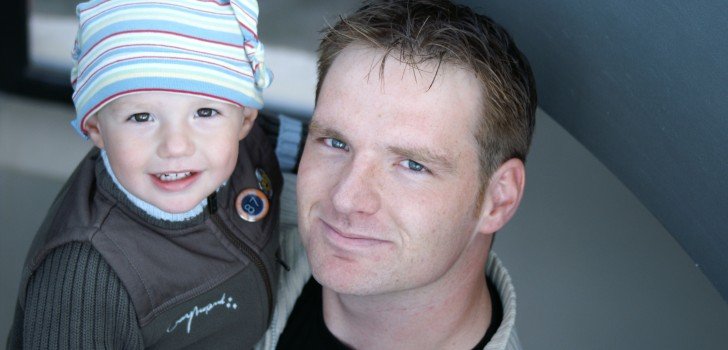Scientists have discovered a novel new way of determining just how old an individual’s body really is. The new research posits that though our chronological age, in terms of years, is well known, our biological age, in terms of how healthy the internal body is, varies widely even for similar age groups.
The new research may be the key for early detection and curing of age related illnesses like Alzheimer’s.
The research was conducted by a team of scientists from King’s College London, Duke University, and Karolinska Institute in Sweden. The study, published Monday in the journal Genome Biology, looked at the makeup of both DNA and RNA of 700 apparently healthy 70 year olds. The participants were found to be varying in their “true” ages by up to 20 years, despite having a similar chronological age. The “oldest” among them was 80 years old and the “youngest” 60.
The team reported that by analyzing thousands of brain, blood and muscle samples from the patients for over 20 years, they were able to narrow down 150 genes that differed. From those genes, they were able to draft a score sheet for ageing that they could use to determine how quickly a person’s body was ageing.
The scientists put it simply that the human body is made up of DNA, which is made up of RNA. Through taking different RNA from different parts of the body, they could figure out accurately a person’s “true” age.
Professor James Timmons, the author of the study, said, “We use birth year, or chronological age, to judge everything from insurance premiums to whether you get a medical procedure or not. Most people accept that all 60-year-olds are not the same, but there has been no reliable test for underlying biological age. Our discovery provides the first robust molecular signature of biological age in humans and should be able to transform the way that “age” is used to make medical decisions.”
The researchers concluded that through testing middle aged people, those with a higher risk of contracting age related illnesses such as dementia could be put on early preventive steps.
Timmons expressed high optimism that the sheets would be made available to practitioners by next year. However, the NHS has to issue an approval for it first.
Dr. Eric Karran, from Alzheimer’s Research UK said, “One of the biggest questions in human biology is how we age, and how this process impacts our wider health and risk for conditions like Alzheimer’s. This study suggests a way to measure a person’s “biological age” and could reveal insights into the ageing process and why some people are more susceptible to age-related health conditions.”
The research will be a definite game changer in the fight against age related illnesses. Through early detection and preventive remedies, illnesses such as dementia and Alzheimer’s will be a thing of the past, should the program be approved.
Stay Connected